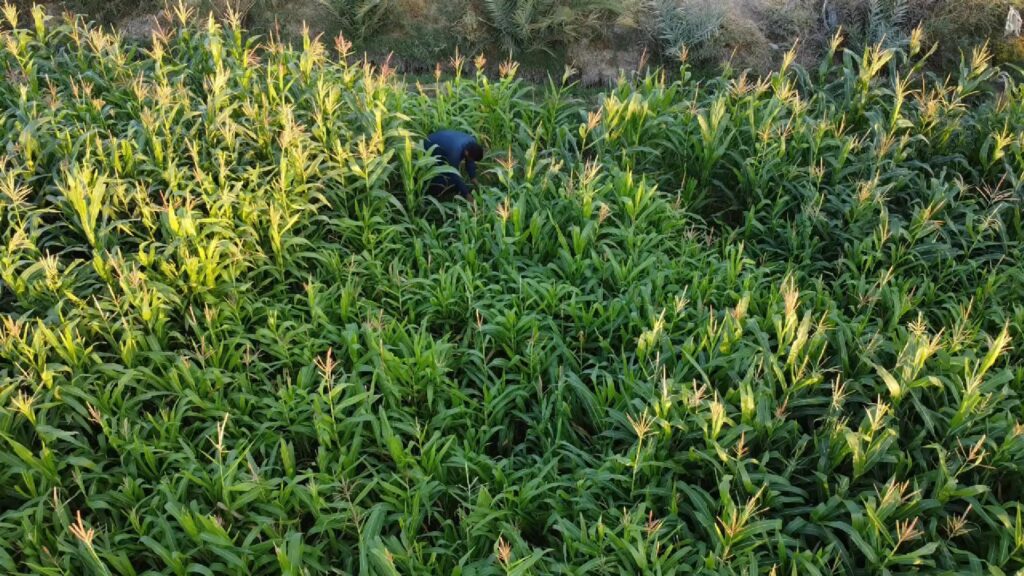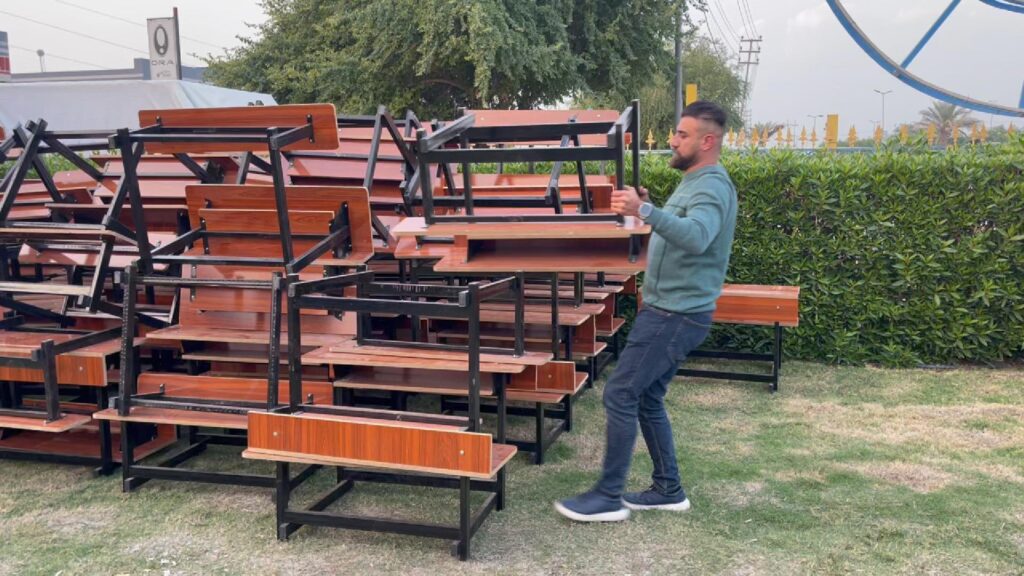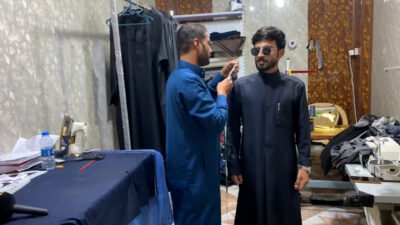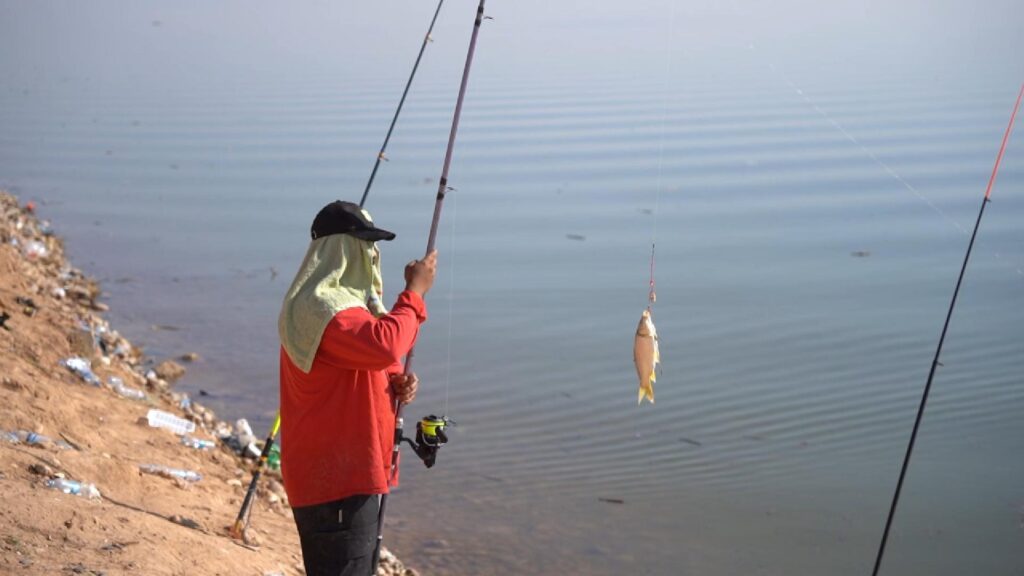‘My questions are turned into a weapon to kill me’: the deadly war against Iraq’s journalists

Altia had already been forced into exile by previous threats against him and his family and now lives in Turkey, working as a journalist for Iraqi channels, including UTV, which has offices in the country.
The 2005 Iraqi constitution established freedom of expression and freedom of the press, followed by a later law to protect journalists. But far from facilitating a free and independent press, post-invasion Iraq has produced a partisan and sectarian media landscape in which violence against journalists has increased.
At least 282 journalists have been killed in Iraq since 2003, according to estimates by the New York-based Committee to Protect Journalists, with most killed by anonymous gunmen or armed factions, and others by the Iraqi forces. The country ranks fifth in the CPJ’s Global Impunity Index, behind only Somalia, Syria, South Sudan and Afghanistan. A further 74 journalists and media assistants have been abducted, with most of them killed.
Afrah Shawqi had been working as a journalist in Iraq since the mid-1990s and was a correspondent for the Saudi-founded Asharq Al-Awsat newspaper, based in London, when about 20 masked gunmen tied up her family and abducted her from her Baghdad home in December 2016.
“I was accused of receiving money from the Saudi and American embassies to write against my country and of cheating my husband with other men, and they made me sign papers to affirm that. Whenever I refused to sign, they would hit me with a baton,” says Shawqi, who was forced into exile to France soon after her release in January 2017, amid a significant social-media campaign on her behalf. “Being in exile is very difficult for journalists, it’s difficult to communicate so far from home,” she says.
Another journalist, Amira*, had spent much of her childhood moving from place to place, after leaving Baghdad for Mosul in 2006 at the age of 14 because of the sectarian conflict and then being displaced again a year later because of al-Qaida’s presence there. In 2014, she was forced to return to Baghdad after Islamic State occupied Mosul.
She was then forced into exile in London after a campaign against her and other journalists before nationwide protests erupted in October 2019, in which hundreds of demonstrators were killed by security forces and militias. “I completely disappeared from the streets of the October protests,” she says.
Unable to return to Iraq after receiving hundreds of threats and accusations of working for different agendas, Amira says she has had to pursue her career at one of the Iraqi channels’ offices in Turkey, where she still works.
“I think about the 20 years of my life spent on the run, in migration, and don’t want my child to inherit this experience,” she says.
Yasser al-Salem, head of the Iraqi national journalists’ union, says the union provided a safe shelter for 19 journalists who fled to Erbil after the 2019 protests.
after newsletter promotion
For others trying to remain in Iraq, that violence can also be implicit.
Abdul Rahman* was filming with his team in Baghdad in February 2023 when a security official summoned him to say the security forces were unable to protect him. He immediately stopped filming and left the scene. Abdul Rahman had been working for a foreign news channel that was known to cover social issues concerning Iraqi youth.
Journalists such as Abdul Rahman have been hounded by what are known in Iraq as “electronic armies” on social media, most of which are controlled by allies of political leaders.
Mustafa Nasser, head of the Press Freedom Advocacy Association, says: “These often incite [people] against journalists all the way to their death, or publish fake news about their death, tracing those to ‘clan revenge’, rather than for their work as journalists.”
Yet even those journalists fortunate enough to escape, such as Altia, would still prefer to be able to work safely in Iraq and talk to politicians and others in person.
“I’m always threatened. I’ve been persecuted ever since I began to work in journalism. Sometimes by al-Qaida or by armed factions that today are considered part of the Iraqi government,” says Altia.






